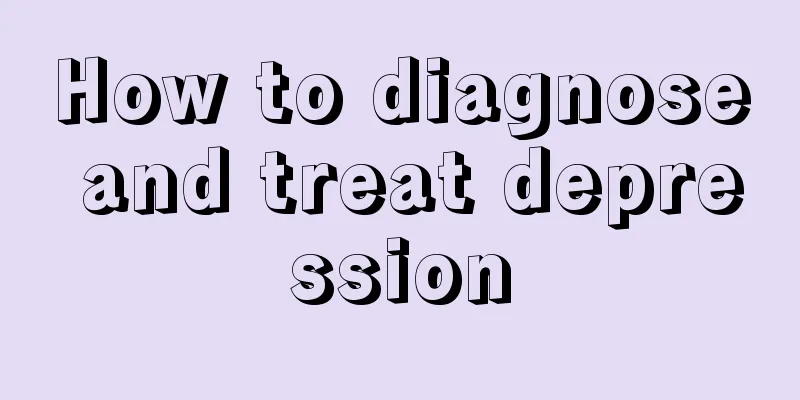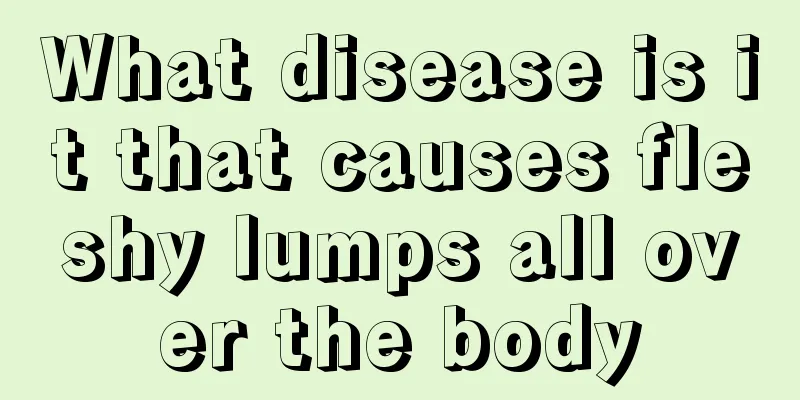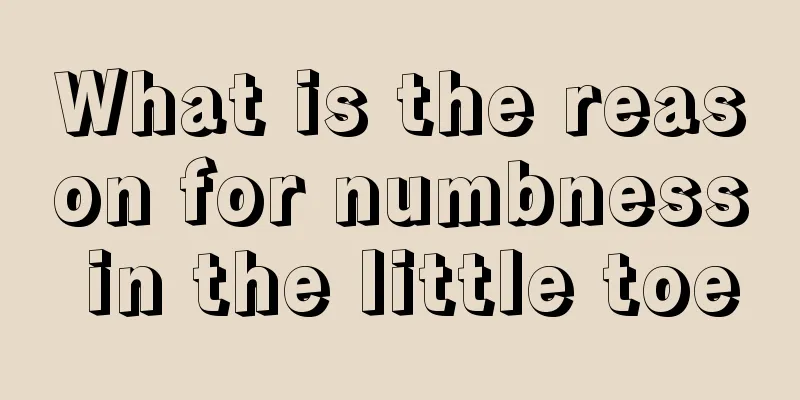How to diagnose and treat depression

|
I wonder if you have ever learned about depression in your daily life? In fact, many people are affected by depression nowadays. If you want effective diagnosis and treatment, you should pay attention to timely detection. If you are always in a low mood or always feel depressed, you should pay attention. 1. The degree of depression varies, ranging from mild bad mood to sadness, pessimism, and despair. Patients feel heavy-hearted, life is meaningless, they cannot be happy, they are unhappy, the days are long like years, the pain is unbearable, and they cannot extricate themselves. Some patients may also experience anxiety, irritability, and nervousness. 2. Loss of interest is one of the common symptoms of depression. Patients lose their enthusiasm and pleasure in their previous life and work, have no interest in anything, cannot experience the joy of family, are dismissive of their previous hobbies, often live alone, alienate relatives and friends, and avoid socializing. Patients often complain of "no emotions", "emotional numbness", and "can't be happy anymore". 3. Loss of energy, fatigue, difficulty in washing, dressing and other daily tasks, and inability to do them. Patients often use "mental breakdown" and "deflated ball" to describe their condition. 4. Low self-evaluation: Patients tend to overly belittle their own abilities, and view their present, past and future with a critical, negative and negative attitude. They think nothing is right and that nothing is right. They describe themselves as worthless and their future as bleak. They have strong self-blame, guilt, a sense of uselessness, worthlessness and helplessness. In severe cases, they may develop self-blame and hypochondriasis. 5. The patient presents a significant, persistent, and general state of depression, difficulty concentrating, memory loss, slow thinking, blocked thinking, and slow movements, but some patients show restlessness, anxiety, tension, and agitation. 6. Negative and pessimistic: The person is extremely miserable, pessimistic, and hopeless. He feels that life is a burden and not worth lingering on. He seeks relief through death and may have strong suicidal thoughts and behaviors. |
>>: What are the drugs for treating glaucoma
Recommend
What are the symptoms of shoulder and neck strain
The symptoms of shoulder and neck strain are seve...
How long does it take to recover from nasopharyngeal carcinoma?
How long does it take to recover from nasopharyng...
Can stage 3 lymphoma be cured?
In recent years, we have found that the incidence...
30-year-old mild cerebral infarction
Cerebral infarction is more likely to occur after...
What to do with dryness and heat
Many people often suffer from dryness and heat, a...
Marital factors are generally related to the occurrence of cervical cancer
Marriage factors are generally related to the occ...
What are the dangers of children drinking Coke
Generally speaking, most parents like their child...
What are the common symptoms of lymphoma
In recent years, lymphoma has become one of the m...
How to repair broken glasses legs?
In daily life, when playing, fighting, or wearing...
What is head and neck tumor? How to treat head and neck tumor?
What are head and neck tumors? We can think of he...
How to treat tomato canker?
When it comes to ulcer diseases, people generally...
What are the dietary treatments for ovarian tumors?
Ovarian tumors are mostly caused by deficiency of...
Melanoma may be related to genetics
According to a recent study, multiple melanomas m...
Can mugwort cure hemorrhoids?
Hemorrhoids are often not very serious in the ear...
What are the benefits of foot soaking
Foot soaking is a very good way to keep healthy, ...









